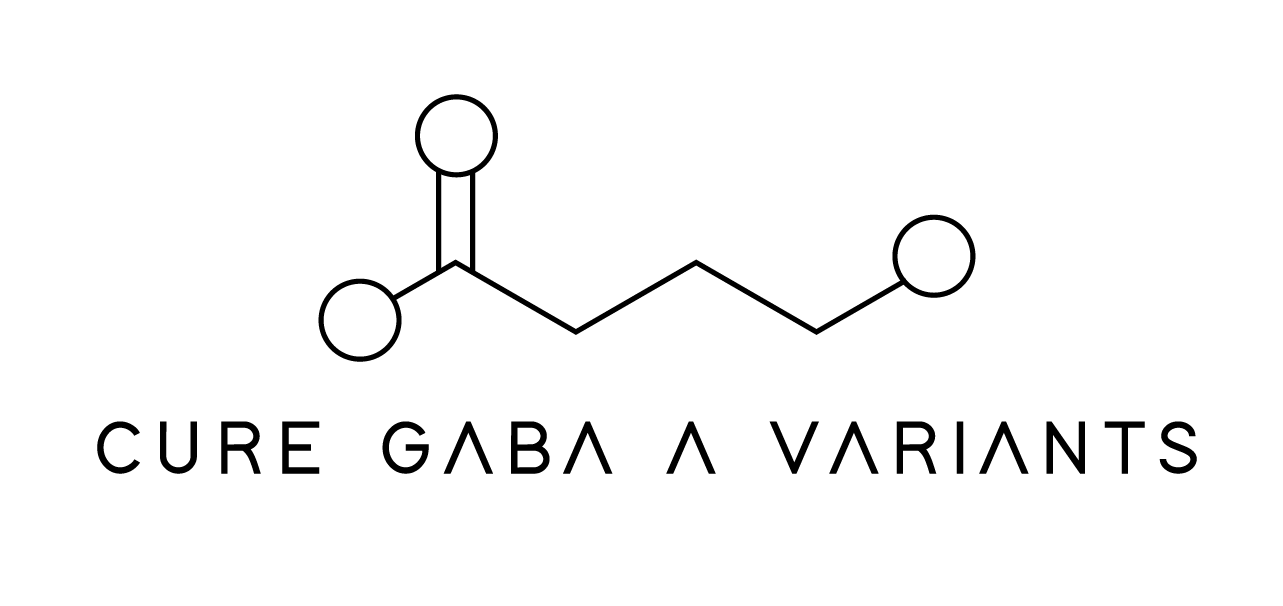
- This event has passed.
Cure GABA-A | Family Presentation with Dr. Nazanin Azarinejad Mohammadi
January 29 @ 10:00 am - 11:00 am

Join us for an educational session with Dr. Nazanin Azarinejad Mohammadi, who recently defended her PhD thesis entitled “Clinical and functional characterization of GABAA-receptor related disorders: translating genetic diagnostics into personalized treatment” on 18.01.2024.
Under the guidance of Prof. Rikke S. Møller and Assoc. Prof. Philip K. Ahring, Dr. Mohammadi’s groundbreaking research has unraveled the complexities of GOF (gain-of-function) vs LOF (loss-of-function) GABRB2 disease.
In her studies, Dr. Mohammadi demonstrated, for the first time, that GABRB2 variants can lead to both GOF and LOF GABAA receptors, with the associated phenotypes strongly linked to the functional outcome. Notably, patients in the GOF group exhibited more severe phenotypes than those in the LOF group.
Additionally, the research revealed that M1 proline substitutions in GABRA1, GABRB2, GABRB3, or GABRG2 all result in GOF receptors, indicating a subunit-independent functional effect. Patients with these variants displayed similar severe phenotypes, aligning with their receptor function.
Dr. Mohammadi’s groundbreaking findings shed light on the intricate nature of genetic variants in the GABAA receptor, showing their association with severe epilepsy and their ability to either decrease or increase the GABA sensitivity of the receptor. This discovery not only enhances genetic counseling for patients but also lays the foundation for the development of personalized treatment strategies.
Join Cure GABA-A and Dr. Nazanin Azarinejad Mohammadi on 1/29/2024 at 10:00am PST for an insightful exploration of GOF vs LOF GABRB2 disease. For more details, contact us on our socials or email: .
If you are unable to attend in person, rest assured – the session will be recorded and made available on the Cure GABA-A YouTube channel for your convenience.
Join us in our shared mission to enhance the lives of patients with GABA-A Variants and contribute to a brighter future.
